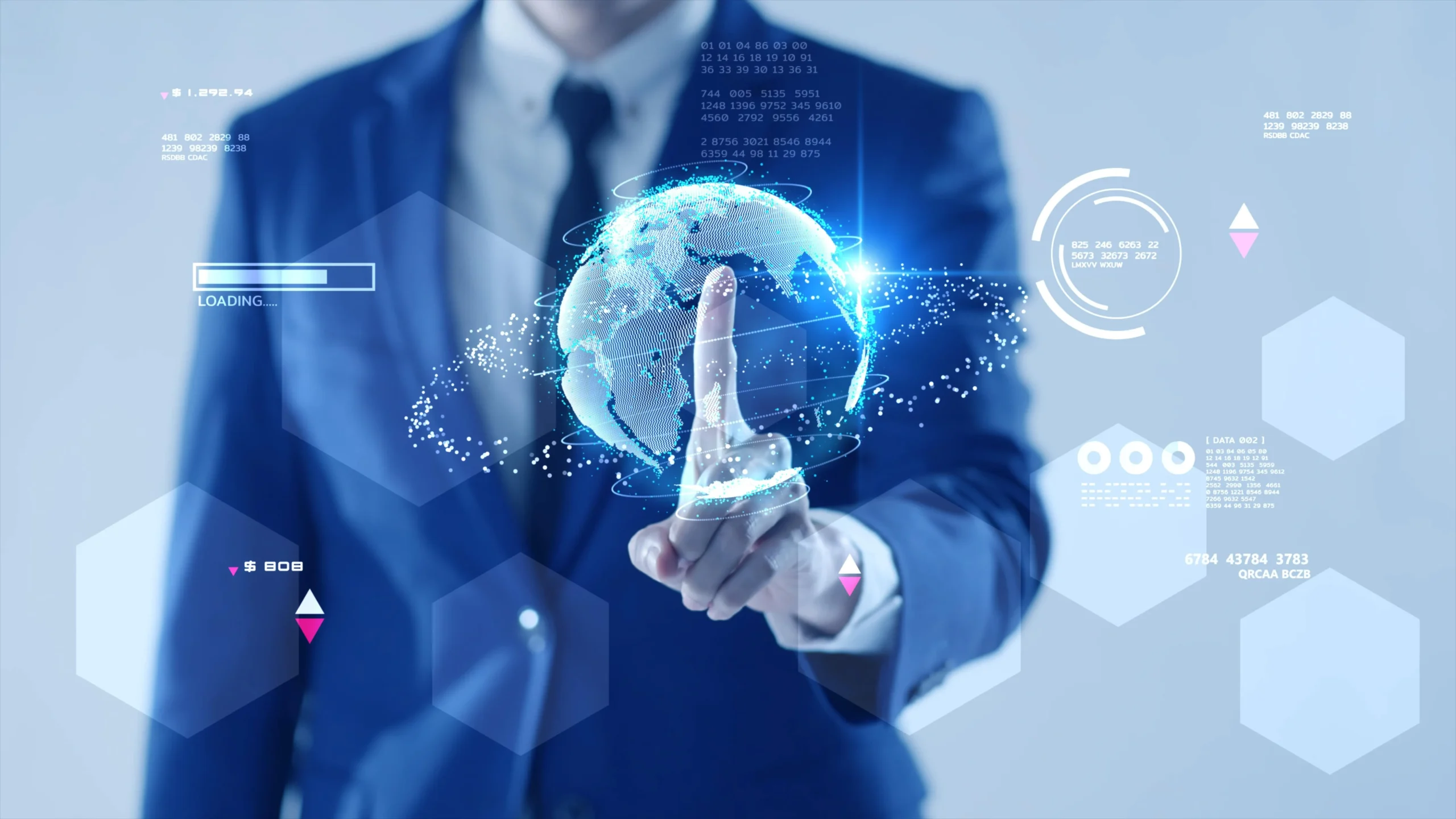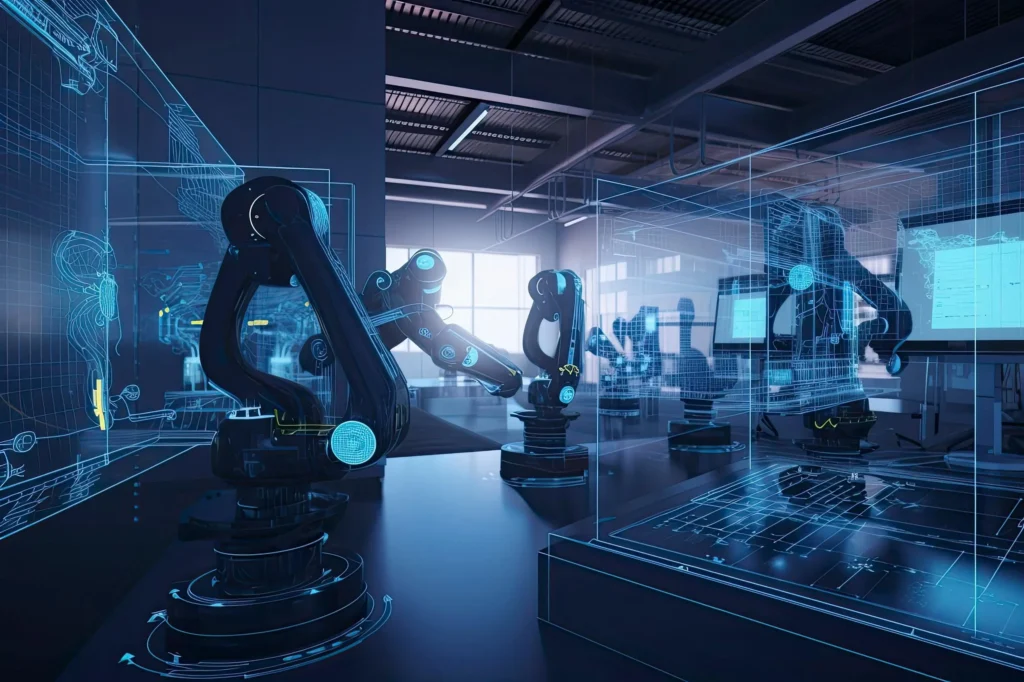Industrial metaverse is achieved by combining virtual reality, augmented reality, artificial intelligence, and blockchain technology. The industrial metaverse is rethinking how companies operate, attracting significant interest as a transformative agent across various sectors. The industrial metaverse is expanding into manufacturing, logistics, construction, and other industries as the digital world changes. According to Persistence Market Research’s recent market assessment, the industrial metaverse is expected to exceed USD 765.8 billion by 2033, signaling a significant shift in industrial digitalization.
Metaverse: Transforming Industries
Originally adopted by the gaming sector, the concept of the metaverse has expanded into the industrial sphere. They were promising to transform operations, increase efficiency, and reduce costs. Digital twins, or virtual duplicates of real-world environments, made possible by the industrial metaverse, enable businesses to control them in real-time. Without the risk and expense of actual testing, these virtual models let companies replicate processes, test scenarios, and model operations. Industries are thus utilizing this innovative technology to enhance productivity and accelerate innovation.
Growth Drivers of the Industrial Metaverse
Several key elements drive the rapid expansion of the industrial metaverse. One of the primary drivers is the increasing demand for digital transformation across various sectors. Businesses are utilizing technologies like the industrial metaverse to streamline their processes and enhance collaboration. The refined decision-making is a key aspect as they strive to remain competitive. Companies are realizing significant value in incorporating metaverse technologies. This enables them to track equipment performance, forecast malfunctions, and even train staff members in immersive environments.

Furthermore, the COVID-19 pandemic accelerated the adoption of virtual collaboration tools. They set the stage for the general acceptance of the industrial metaverse. Particularly in industries including manufacturing and supply chain management, remote work and the demand for digital collaboration have made virtual environments increasingly appealing for industrial operations.
Key Applications of the Industrial Metaverse
The industrial metaverse has many vital uses. One notable example is in manufacturing, where virtual simulations enable businesses to refine their production methods and product designs. Before making expensive physical improvements, manufacturers can test new layouts, find bottlenecks, and maximise manufacturing lines by building virtual versions of their plants. Along with saving time, this feature helps to minimize operational inefficiencies and downtime.
The industrial metaverse is helping supply chains and logistics control inventory more effectively and simplify distribution methods. Simulating supply chain activities in a virtual environment enables businesses to predict disruptions, instantly adjust their plan, and ensure more seamless operations from manufacture to delivery.
Industries such as construction also utilize the industrial metaverse to visualize large projects before they commence. More precise timeframes and cost reductions result from virtual site planning, 3D modeling, and real-time stakeholder collaboration, which changes the project design and execution.
The Rise of the Industrial Metaverse
The future development of the industrial metaverse is likely to be exponential. The Persistence industry Research projects that the industry will be worth USD 765.8 billion by 2033. The market is expected to experience a surge in investments and developments in virtual and augmented reality, artificial intelligence, and blockchain solutions as companies continue to adopt metaverse technology. The industrial metaverse is likely to become a fundamental component of global industrial strategy as these technologies continue to develop and become more accessible, thereby promoting efficiency, sustainability, and creativity.
Ultimately, the industrial metaverse marks a paradigm shift in how businesses operate. The proposal proposes new approaches to enhance productivity, reduce costs, and foster creativity. With its ability to revolutionize everything from manufacturing to logistics and construction, the Industrial Revolution has had a significant impact. Early adopters of this digital revolution will gain a competitive advantage in a rapidly changing market.

